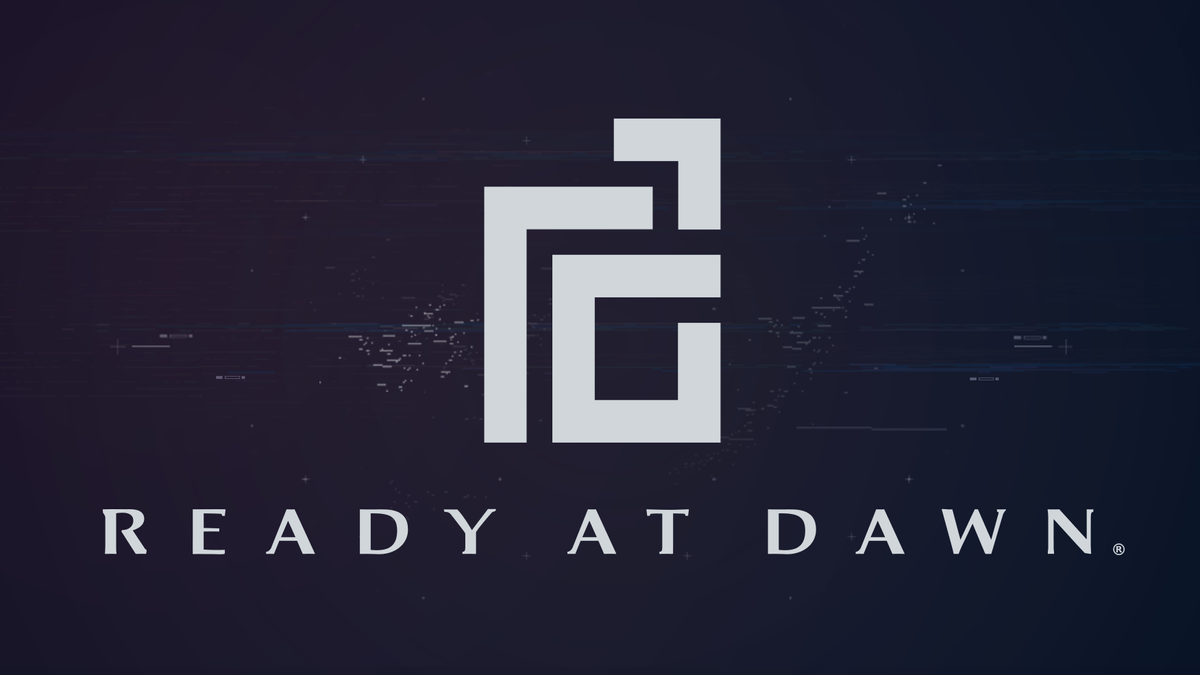There are just some people out there who never resist an opportunity to insult and diminish. For the life of me I'll never understand why so many have to be angry and negative about everything. Videogames are serious shit, I guess. In any case, no idea what is going on in that shot or how/where it was captured, but that's not representative of Liv at all, in either game.
Liv Rhodes is such an amazing experience in the games. She is a fully developed AI driven character the player interacts fully with, in complete freedom, for most of the game. The amount of tech, experimentation and just brute force work that had to be done to sell that illusion was crazy, but the whole premise relied on the player buying into their relationship with this character. One mistake and the magic trick of making you care for her would collapse.
Recall also that this is almost 10 year old tech, well before the advent of spatiotemporal reprojection and other low level techniques which have since eased some of the burden of rendering in VR (not to mention the huge leaps in GPU power). LE had to run on min spec PCs locked at 90Hz or 120Hz rendering TWICE per frame. It was a struggle to deliver what we did. She is even more detailed in LE2, which pushed the boundary further in many ways. Anyhow, here is a quick clip to give you an idea. The experience in VR is on other level, of course, but at least you can get a sense of the context:
I am incredibly proud of what our team accomplished with these two titles. They are some of my favorite games ever, and a genuine attempt at revealing some of the potential of VR as a medium to expand traditional narrative and mechanical possibilities.
As always, I am sorry to interject here, but I will take this opportunity to express my gratitude for the kind words that many have thrown in our direction in light of yesterday's news - 21 years is a long time, we had a great run and lived through some crazy highs and some of the lowest lows. We still had a lot of fun doing it all - hopefully we learned a thing of two, and each one of the members of our group will bring some valuable experience and ideas to whatever future projects they work on.
Personally, I can tell you one thing: I have been doing this since I was a teen, I am 58 now, and if you think I am done you don't know me at all.
See you all in a few years for something new...


